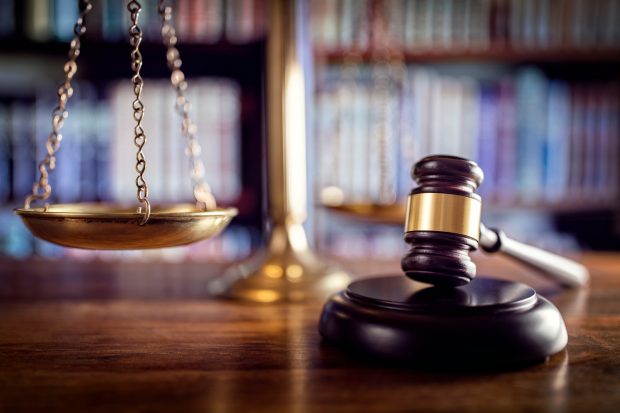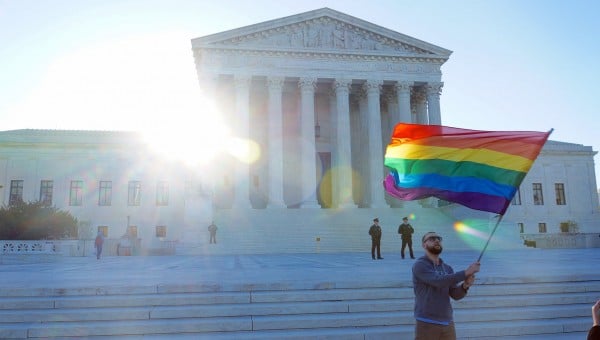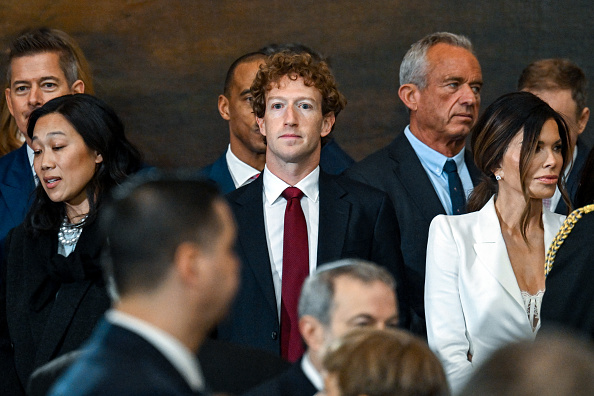
One
of
the
things
I
liked
most
about
working
at
a
Biglaw
firm
was
the
pro
bono
opportunities
attorneys
at
such
firms
typically
often
have. Many
Biglaw
firms
have
established
relationships
with
various
pro
bono
legal
organizations,
and
attorneys
at
the
Biglaw
shop
at
which
I
worked
assisted
domestic
violence
victims,
children
facing
deportation
proceedings,
and
pursued
other
pro
bono
matters. Since
starting
my
own
practice,
I
have
discovered
that
it
can
be
difficult
for
small
firm
lawyers
to
complete
pro
bono
work
in
a
similar
way
to
that
of
many
Biglaw
lawyers.
One
reason
why
pro
bono
work
is
more
difficult
for
small
firm
lawyers
is
that
time
is
typically
at
more
of
a
premium.
Numerous
lawyers
who
work
at
a
small
firm
need
to
complete
administrative
and
marketing
tasks
that
attorneys
at
Biglaw
firms
often
do
not
have
to. In
addition,
the
amount
of
billable
hours
a
small
firm
lawyer
records
generally
has
a
direct
correlation
to
the
yearly
earnings
of
a
small
firm
lawyer.
If
a
small
firm
lawyer
spends
time
on
pro
bono
assignments,
this
can
take
time
away
from
billable
work,
which
can
lead
to
a
reduction
in
receipts.
Biglaw
lawyers
often
do
not
have
their
compensation
directly
correlated
to
spending
more
time
on
billable
work
than
pro
bono
assignments.
Indeed,
some
Biglaw
firms
only
permit
associates
to
be
eligible
for
bonuses
if
they
complete
a
set
number
of
pro
bono
assignments. Moreover,
since
Biglaw
shops
charge
more
money
for
billable
work,
there
is
generally
more
money
to
go
around
so
that
attorneys
can
work
on
pro
bono
assignments
if
they
wish.
Another
reason
why
pro
bono
work
is
more
prevalent
at
Biglaw
shops
is
that
pro
bono
work
is
usually
more
beneficial
for
Biglaw
shops
than
for
smaller
law
firms. Associates
at
large
law
firms
might
not
have
the
chance
to
earn
hands-on
practical
experience
since
clients
may
not
want
young
attorneys
to
appear
in
court
on
the
larger
matters
handled
by
such
firms. Indeed,
many
junior
associates
may
spend
the
bulk
of
their
time
simply
conducting
legal
research
and
drafting
memoranda
explaining
the
results
of
such
research.
Pro
bono
work
can
present
an
excellent
opportunity
for
young
lawyers
at
Biglaw
shops
to
gain
practical
experience.
Supervisors
at
a
Biglaw
shop
might
have
to
answer
fewer
questions
if
they
send
a
junior
associate
to
court
on
a
pro
bono
matter
than
if
they
would
on
a
larger
billable
matter
for
their
regular
clients. In
addition,
during
slow
periods,
pro
bono
work
can
help
fill
the
time
and
give
associates
something
to
do
that
can
make
them
more
experienced
when
they
handle
similar
tasks
for
paying
clients.
In
addition,
Biglaw
firms
might
get
more
publicity
out
of
completing
pro
bono
work
than
smaller
law
firms
do. Biglaw
shops
usually
publicize
the
pro
bono
efforts
of
their
attorneys
in
order
to
generate
good
publicity. This
is
often
important
for
Biglaw
shops
in
order
to
counterbalance
some
of
the
less-appealing
work
they
complete
for
paying
clients. Smaller
law
firms
do
not
have
the
same
publicity
infrastructure
that
Biglaw
shops
have,
so
there
is
less
of
an
incentive
to
do
good
work
in
order
to
earn
praise. This
can
lead
to
fewer
pro
bono
hours
completed
by
small
firm
lawyers.
All
told,
many
lawyers
who
work
at
smaller
law
firms
would
probably
work
on
pro
bono
matters
if
it
did
not
hurt
their
bottom
lines
and
if
incentives
were
aligned
to
prompt
pro
bono
work. If
a
lawyer
is
the
type
of
person
who
likes
to
complete
pro
bono
matters,
they
should
keep
in
mind
that
pro
bono
work
is
oftent
more
difficult
to
complete
as
a
small
firm
lawyer.
Jordan
Rothman
is
a
partner
of
The
Rothman
Law
Firm,
a
full-service
New
York
and
New
Jersey
law
firm.
He
is
also
the
founder
of
Student
Debt
Diaries,
a
website
discussing
how
he
paid
off
his
student
loans.
You
can
reach
Jordan
through
email
at
[email protected].



 Kathryn
Kathryn














